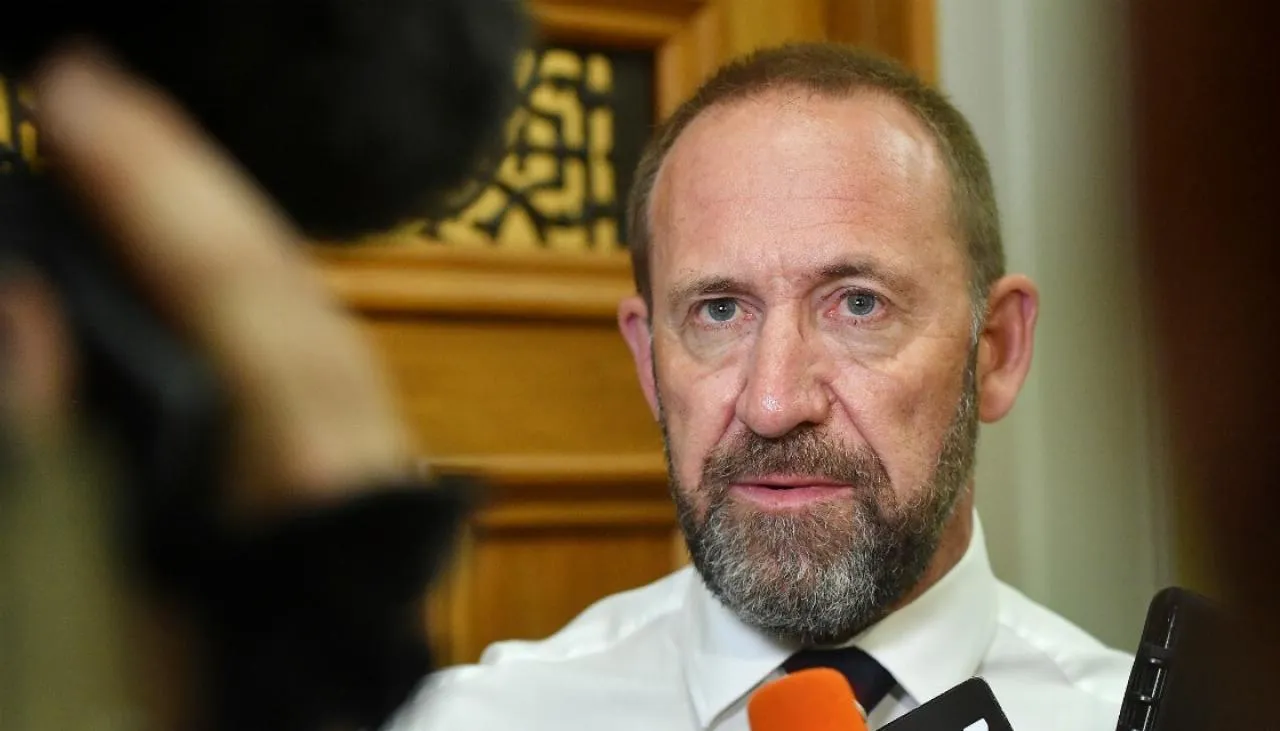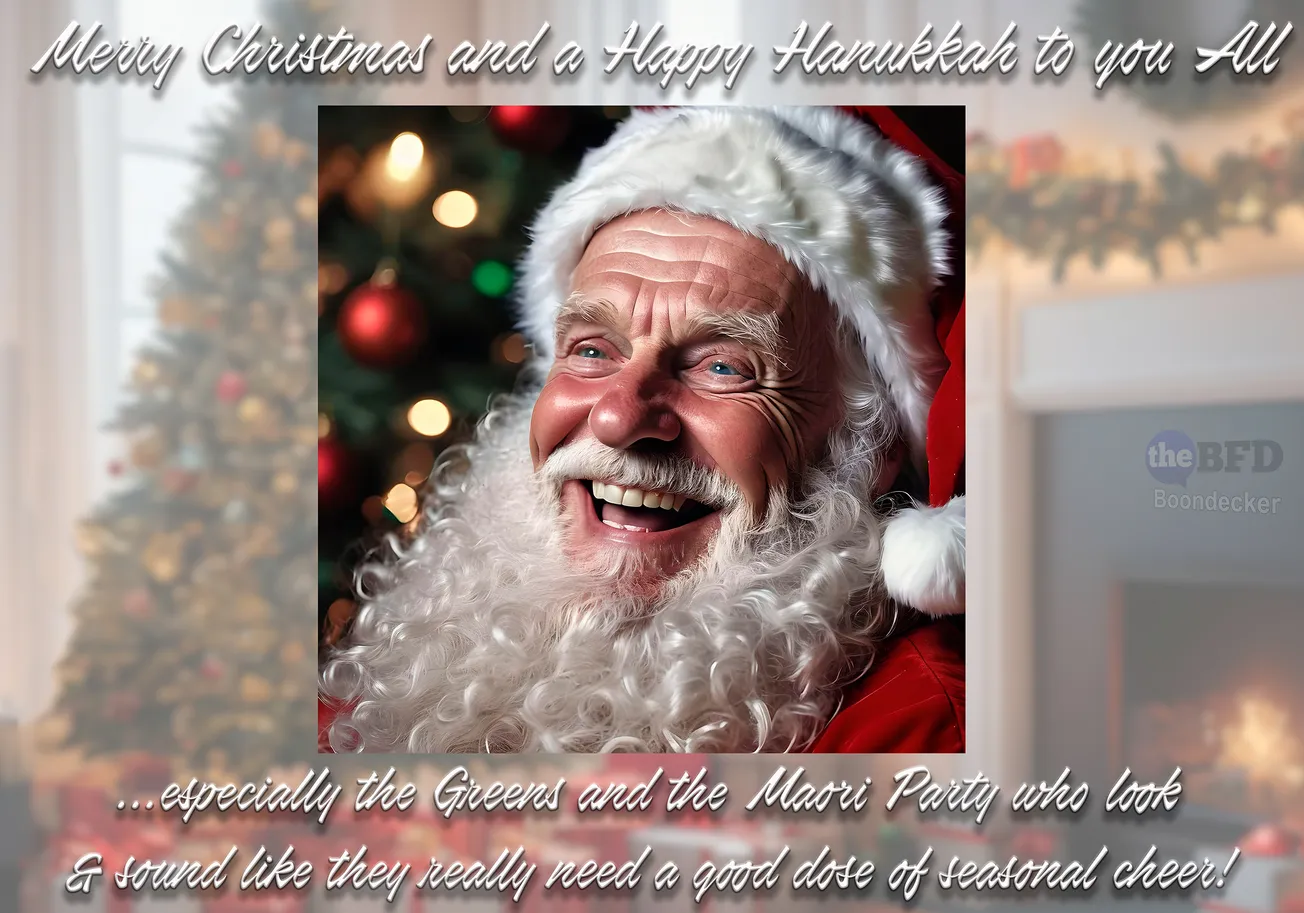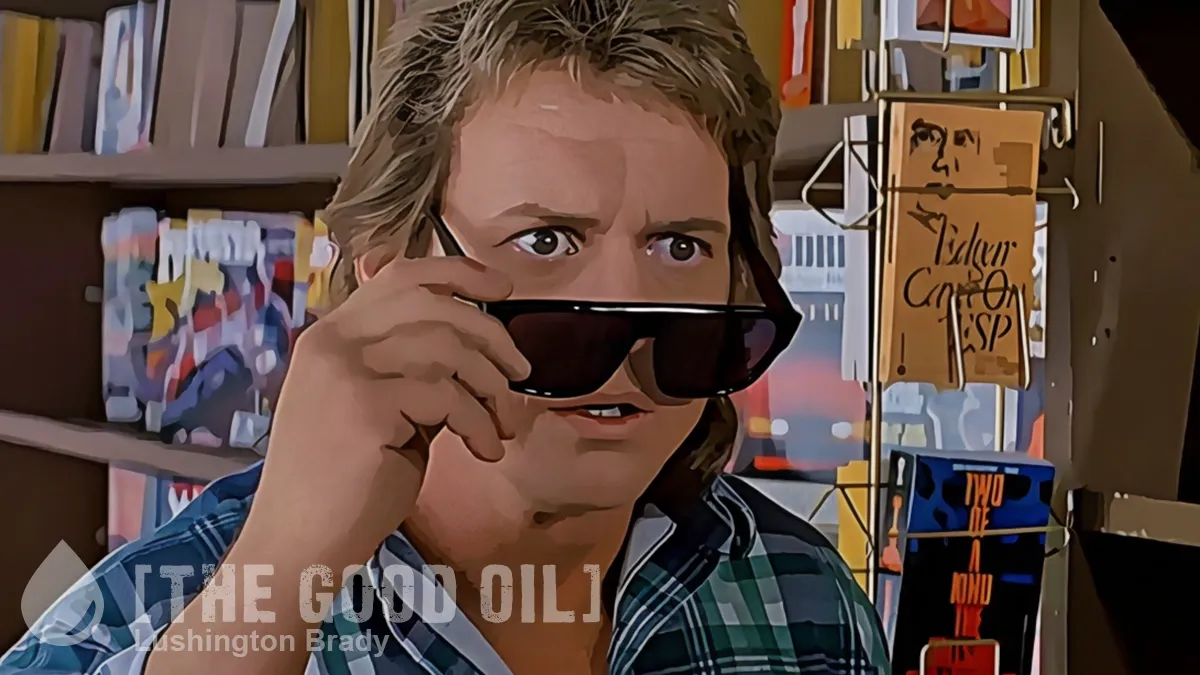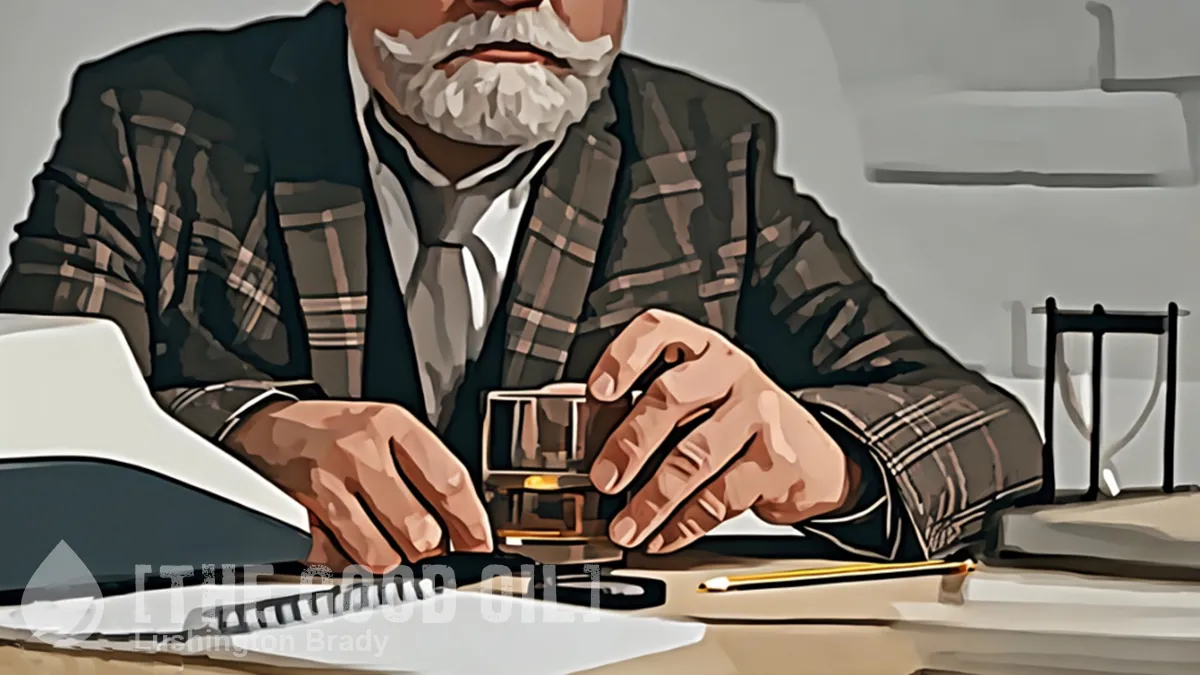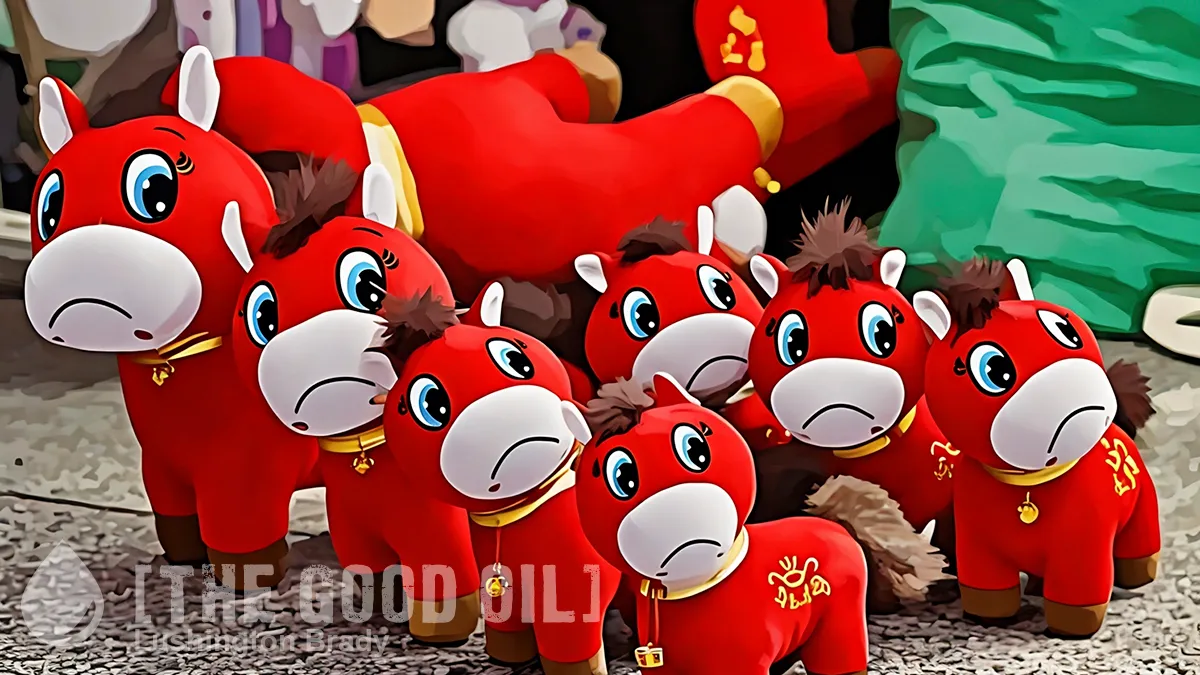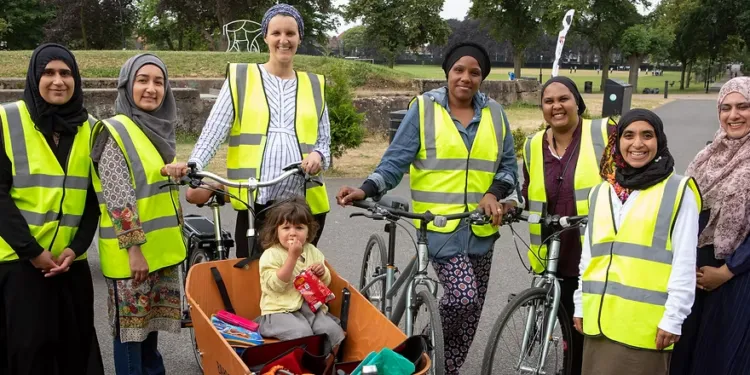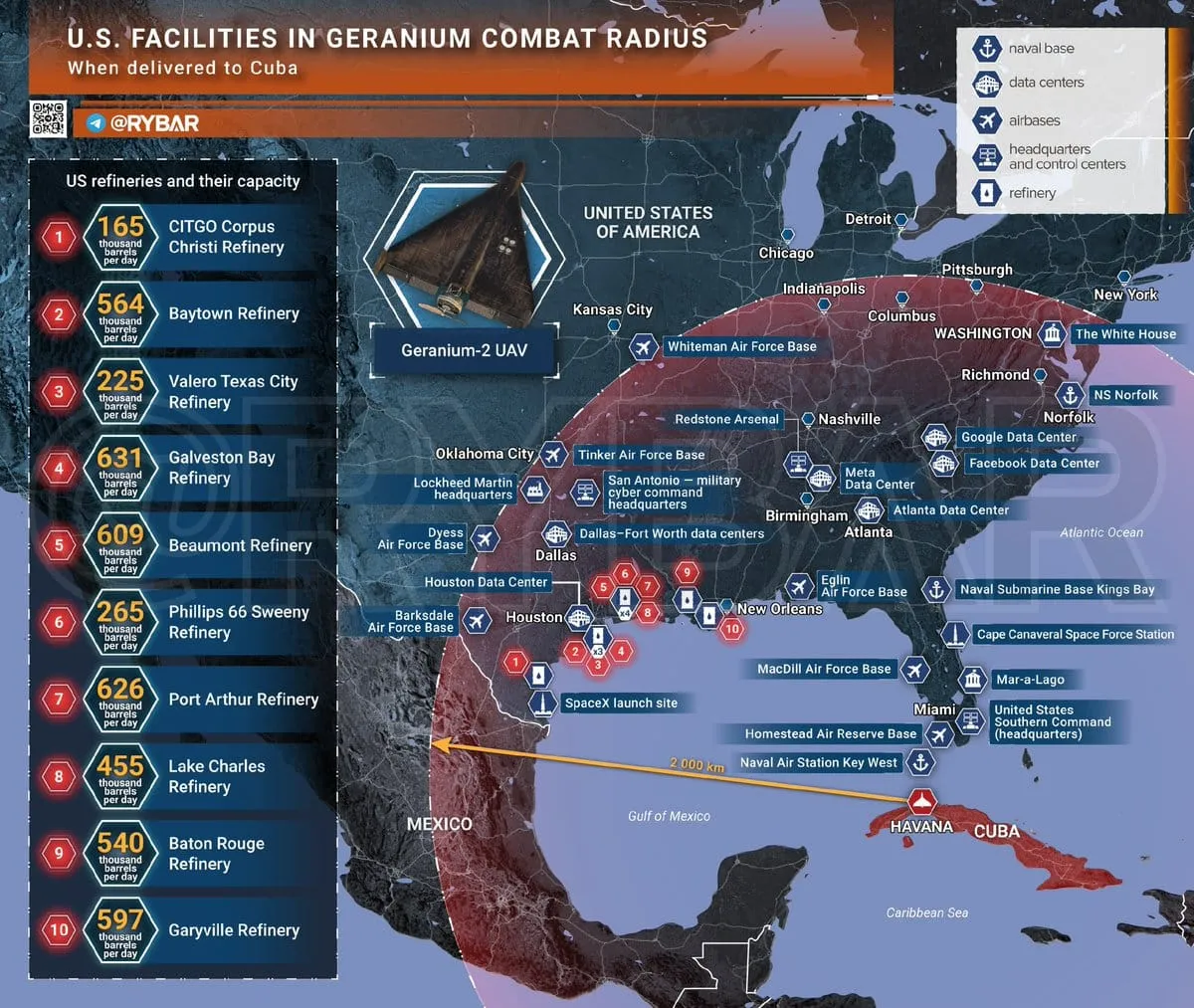Table of Contents
The Coalition’s Minister for Hate Speech, as I have come to think of Andrew Little, had the following exchange yesterday in parliament. Shockingly, Andrew Little appears to be more in favour of free speech than National MP Nick Smith
Question No. 6—Justice
6. Hon Dr NICK SMITH (National—Nelson) to the Minister of Justice: Does he stand by all his statements and policies?
Hon ANDREW LITTLE (Minister of Justice): In relation to statements, I stand by all but one of them, which I’ll talk about shortly. In relation to policies, I stand by the Government’s policies, since as Minister I have none of my own. In relation to statements, at question time last week, I made a statement that there was concern about the National Party funnelling donations to electorate candidates through their party, including to the Hon Nick Smith, whose only declared donation in the 2017 election was a $25,000 donation from the National Party. I’d like to set the record straight—that, in fact, Nick Smith had two donations, one from the National Party for $25,000, and another for $223.30 but also from the National Party.
Hon Dr Nick Smith: Does he stand by his statement that protecting the freedom of the press is vital to holding those in authority to account; if so, is the photographing and social media intimidation of journalists, as has occurred in the last week, consistent with Government policy?
Hon ANDREW LITTLE: In relation to the first part of the question and in accordance with the New Zealand Bill of Rights Act, yes.
Hon Dr Nick Smith: Does he, noting his statements about the importance of the free press, share the concerns of the union E tu that the photographing and vilifying of journalists last week was “chillingly similar to countries where press freedom is suppressed”?
Hon ANDREW LITTLE: I have noted both my statements and those of E tu.
Hon Dr Nick Smith: Is his stated policy of promoting freedom of the press supported by a journalist being called “a psycho” by the Deputy Prime Minister for asking questions about the propriety of a $15 million application for Government money from parties closely associated with the New Zealand First Foundation?
Hon ANDREW LITTLE: I stand by the letter of the law and the spirit of the law as contained in the New Zealand Bill of Rights Act, which protects—through the application of the Act, in consideration of when laws are being applied—the protection of the freedom of expression.
Hon Chris Hipkins: Does he believe it’s consistent with the freedom of the press for media officers to be raided by the police, and, if so, is he aware of any examples where that has happened in recent times in New Zealand?
Hon ANDREW LITTLE: Yes, I would be most concerned if those in positions of power and authority were to use the powers—perhaps of the police—to raid the offices of journalists and broadcasters and publishers, and I’m aware that that has happened in recent New Zealand history.
Rt Hon Winston Peters: Can I ask the Minister—
Hon Dr Nick Smith: Does—
SPEAKER: Order!
Rt Hon Winston Peters: Sit down. Can I ask the Minister whether or not he has heard of any examples in this country, in this country’s law, or anywhere around the free and Western world, where an inquiry has been sought into an application for funding that failed?
Hon ANDREW LITTLE: I think that there have been inquiries of a judicial or quasi-judicial nature into a number of things, including into an application for a grant that was declined, and that has also happened in recent New Zealand history.
Hon Dr Nick Smith: Does his statement last night that “The Electoral Commission are thorough, good at their job, and very professional.” give him confidence in their determination last week that New Zealand First’s donations were not properly disclosed under the Electoral Act?
Hon ANDREW LITTLE: I stand by my statements and my general support of the Electoral Commission and I note that they have a power of inquiry, but they do not determine guilt or innocence of breaches of that Act or any other Act.
Hon Dr Nick Smith: Which statement is correct: his statement last night “The Electoral Commission are thorough, good at their job, and very professional.” or the statement by the Deputy Prime Minister last week that “The commission has no proof and no evidence and should be damned.”; which statement is correct?
Rt Hon Winston Peters: I raise a point of order, Mr Speaker.
SPEAKER: A point of order—I think I know what it is, but—
Rt Hon Winston Peters: Yes, Mr Speaker. That is a statement from that questioner which I did not make, and that last word proves that. He cannot recite the evidence for the quote he gave.
Hon Dr Nick Smith: Speaking to the point of order, I’d be happy to table the news report that exactly quotes the words that I used in the question of what the Deputy Prime Minister said in criticising the Electoral Commission.
SPEAKER: I think we’ll go straight to answering the question. I think it’s the easiest way of—
Hon ANDREW LITTLE: Thank you, Mr Speaker. In light of the scope of the primary question, I continue to stand by all of my statements.
Hon Dr Nick Smith: Why has the Minister not repeated his previous statements on the importance of freedom of the media with the repeated attacks, in the last week, on those freedoms, with journalists being ridiculed—
SPEAKER: Order! The member’s finished his question.
Hon ANDREW LITTLE: On every occasion I have been called upon to stand in support of journalists’ rights and responsibilities and freedom of the press and freedom of expression, I have done so.
I do not understand the point National MP Nick Smith was trying to make. The Radio Station journalists were not prevented from writing or publishing what they wanted by anyone. No one prevented them from taking photos of the public or of politicians. Press Freedoms, therefore, have not been impeded in any way.
According to Nick Smith they were “ridiculed.” If ridicule is not allowed then Nick Smith should himself become the new Minister of Hate Speech. If we are not allowed to make fun of people, we are no longer free. How can it be that a National Party MP is coming out in support of restricting what media can and cannot photograph and can and cannot say?
In fact, what Nick Smith appears to be suggesting is that freedom of expression and freedom of the press be curtailed if the media in question is The BFD. I am sure that the fact that one of our authors has written many articles critical of the performance of his boss has nothing to do with his desire to silence us.
Apparently our reporting on a Radio Station’s journalists’ actions and publishing a photo sent to us is somehow taking away the media freedom of the journalists in question. If this is the case then why was there no outrage or defence of journalist Cameron Slater being hacked and his sources and private communications being published by both Nicky Hager and the legacy media?
No National Party MP stood up back then for Cameron Slater’s right to freedom of speech let alone his right to privacy, and yet yesterday there was Mr Smith, worrying about the hurtie feelings of two journalists who failed to protect their source by meeting him openly out in public.
Nick Smith is only concerned about trying to get a hit in on the coalition. He has no more care for freedom of speech or press freedom than a fox in a hen house cares about egg production.
If you enjoyed this BFD article please consider sharing it with your friends.

